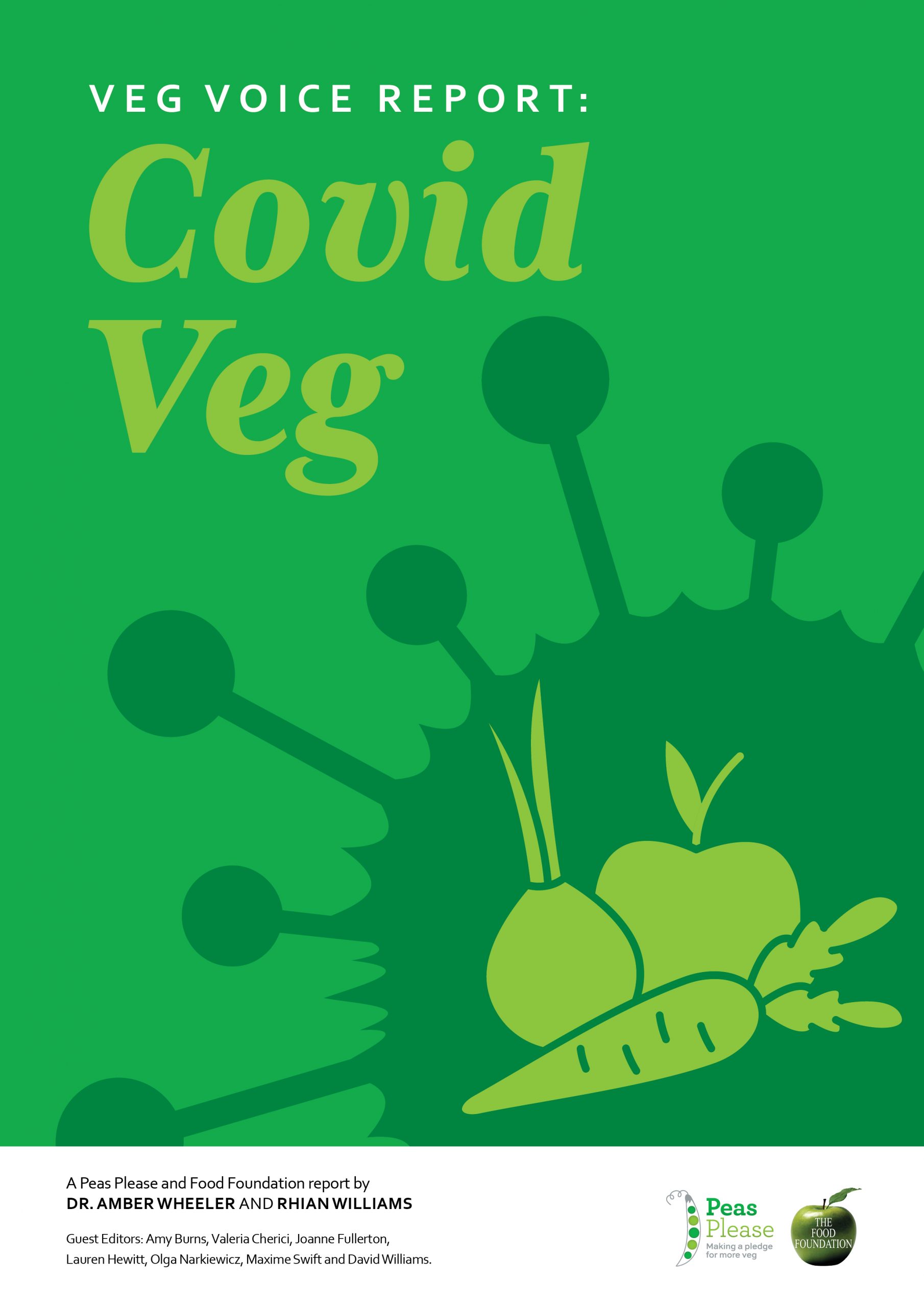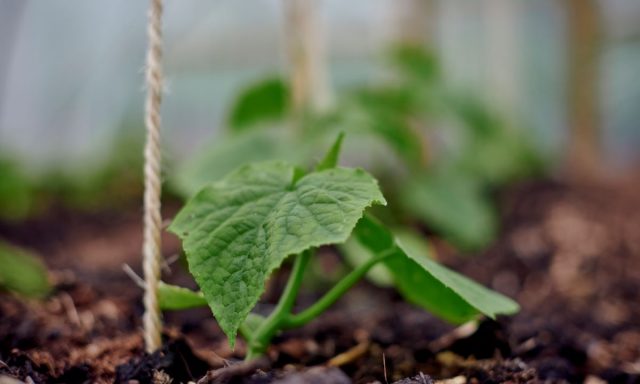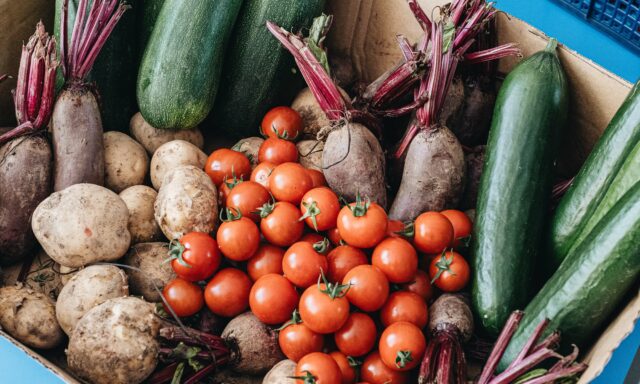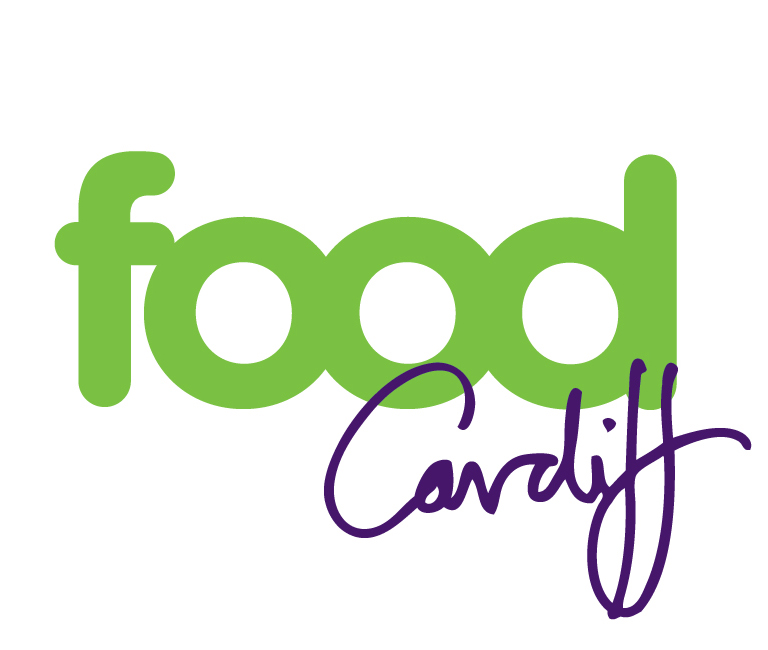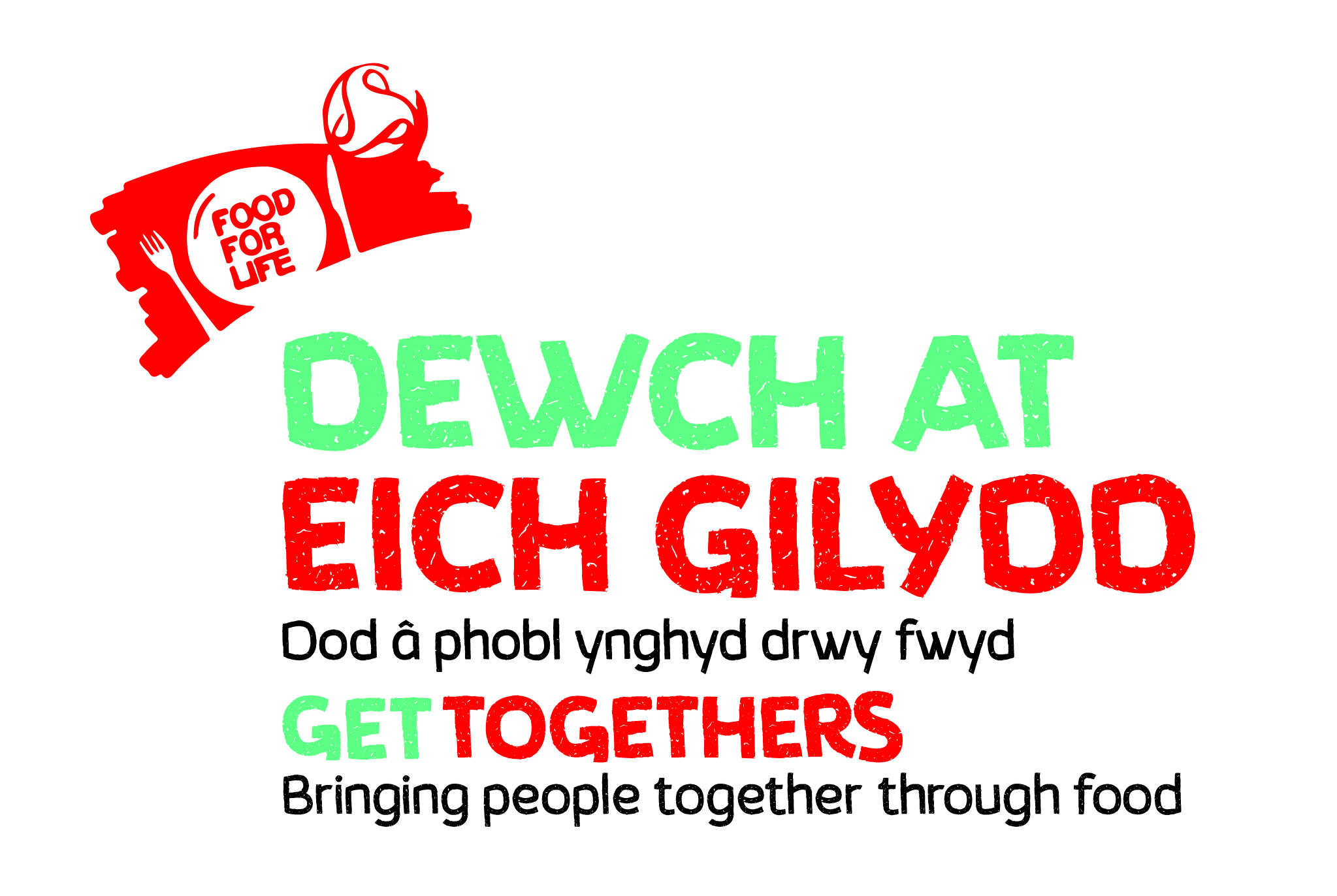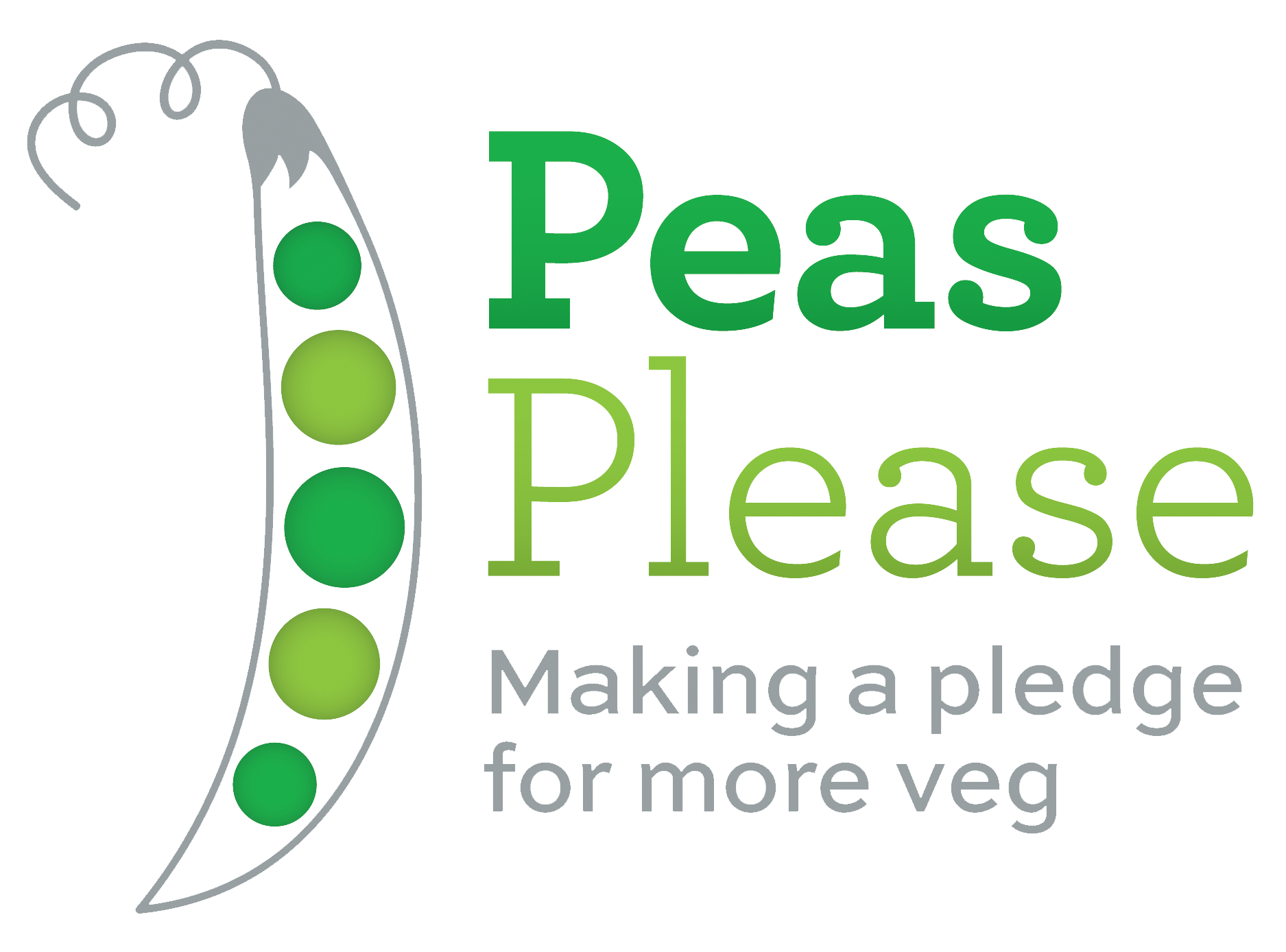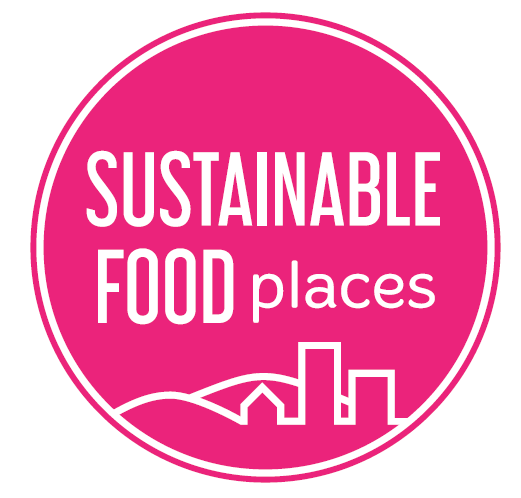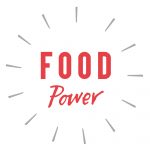Accessing Fruit and Veg during Lockdown
Addressing inequality and redressing the balance of cost between healthy and unhealthy foods are two of the main findings of a new report called Covid Veg commissioned by Peas Please, a UK National Lottery funded programme whose main aim us to drive up veg consumption.
Between June and August 2020, during the midst of the COVID-19 restrictions, Peas Please gathered stories from nearly a hundred people from across the UK, with 42% of the respondents being from Wales.
The findings of this qualitative survey present a picture of people’s experiences of accessing fruit and veg at a time of national crisis and offer a snapshot of the country’s sentiment, particularly in Wales.
The crisis has brought to the fore the problems of a food system which provides healthy food at a cost that is now beyond the affordability of a significant proportion of the population (Food Foundation Broken Plate report).
The experiences shared by respondents from across the UK clearly demonstrated that:
• being able to buy enough fruit and veg was a problem for those on below average incomes
• more people used local shops and veg box schemes during this time
• price was a barrier
• quality was sometimes poor
• more people grew their own.
Fruit and veg consumption is the biggest marker of dietary inequality, with those on lower incomes eating significantly less. As people across the UK are still living with lockdown restrictions, we know that those on lower incomes are feeling the greatest impact (IFS, 2021).
“During this survey, we examined people’s experiences of accessing fruit and veg during the first lockdown and what they said needed to be done to increase consumption and ultimately improve our health. Addressing inequality and redressing the balance of cost between healthy and unhealthy foods came out on top,” says Dr Amber Wheeler, the report’s author.
“In the qualitative data we gathered, only people on incomes of less than £2000 per month reported experiencing problems accessing fruit and veg, and those with incomes of less than £500 per month reported significantly lower veg consumption. This adds to the evidence that affordability is a key barrier when it comes to consumption of healthy diets in the UK.
“Inability to access enough fruit and veg, particularly at the beginning of the first lockdown and particularly in relation to supermarkets, was seen as a problem, with a perception that quality was lower and prices higher,” continues Amber. “Some mentioned that empty supermarket shelves had highlighted to them the fragility of the food supply system too.”
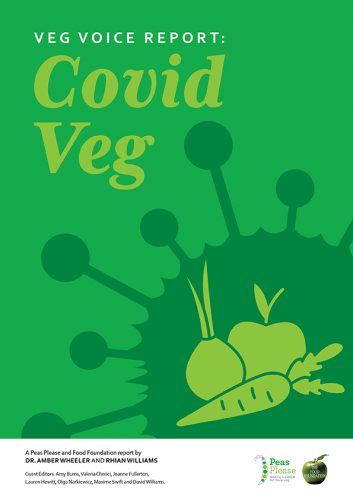 Many of the respondents expressed their gratitude towards their local food suppliers but those who used local or independent suppliers were more likely to be on higher household incomes and to report reliable access to quality fruit and veg. Indeed, all except one of participants in the £3000+ per month income bracket either used a farm shop or veg box scheme, or grew their own fruit and veg.
Many of the respondents expressed their gratitude towards their local food suppliers but those who used local or independent suppliers were more likely to be on higher household incomes and to report reliable access to quality fruit and veg. Indeed, all except one of participants in the £3000+ per month income bracket either used a farm shop or veg box scheme, or grew their own fruit and veg.
Many respondents also reported turning to growing in their own gardens and allotments, or with communal growing projects. When asked what could be done to help people eat more fruit and veg, increasing the number of local fruit and veg producers/retailers and delivery services was seen as important, as was education, cooking classes and more grow your own and communal growing initiatives.
“Participants suggested that major structural change to our food system is needed to enable barriers to be overcome in any meaningful way, particularly redressing the cost balance between healthy and unhealthy foods” adds Dr Amber Wheeler.
“Several participants saw problems around accessing fruit and veg to be rooted in broader economic structures and inequality, suggesting that these need to change rather than just the price tag placed on fruit and veg at point of sale.”
Katie Palmer, Programme Manager at Food Sense Wales, the organisation that leads on Peas Please work in Wales, said: “As part of the ongoing work of Peas Please to get the nation eating more veg, Food Sense Wales was really pleased to be involved in encouraging people to take part in this survey. These stories are a great way of illustrating the experiences of a variety of people’s access to food during the first lockdown.
“Our diets are leading to high levels of obesity, type 2 diabetes and other diet-related disease – and we all need to eat more veg. Peas Please explores the levers along the supply chain which have the potential to increase vegetable consumption in a sustainable manner and we recognise that in order to support consumers to make healthier choices, we need to see changes across our food system. It’s really interesting therefore that the findings of the Covid Veg report show that many respondents pointed out that major structural changes are needed to make fruit and veg comparatively more affordable so that everyone, not just those on higher incomes, can afford a
healthy diet and the health benefits it brings.”
As part of the Peas Please programme in Wales, Food Sense Wales has also recently supported five small horticultural businesses in Wales by awarding grants to help them grow their edible horticultural businesses to serve communities across Wales. This support will help smaller Welsh initiatives increase their production and in turn, increase veg consumption and availability of vegetables in areas across Wales.
The findings of the Covid Veg report state that more people used local shops and veg box schemes during the survey period. With the help of initiatives such as the edible horticulture grants, smallerscale business will be able to grow and develop, helping to meet the demand for locally grown, sustainable, healthy produce.
In terms of the affordability of fruit and veg, Food Sense Wales is also helping to raise awareness of the Healthy Start scheme across Wales, encouraging eligible families to access financial support that would help them purchase healthy foods.
Healthy Start is a Government initiative that provides eligible families with vouchers every week to spend on milk, fresh, frozen, and tinned fruit and vegetables, fresh, dried, and tinned pulses, and infant formula milk. In April, in Wales, the voucher amount will rise from £3.10 a week to £4.25 to provide support with nutritional intake amongst children and families on low incomes.
The scheme supports families in receipt of certain benefits, specifically helping pregnant and breastfeeding mums, and children under the age of four. Women and children receiving Healthy Start food vouchers are also given vitamin coupons to exchange for free Healthy Start vitamins, specifically designed for pregnant and breastfeeding women and growing infants and pre-school children.
“The Covid Veg report findings show that being able to buy enough fruit and veg is a problem for those on below average incomes,” adds Katie Palmer. “We know that price is a barrier so helping to increase the uptake of the Healthy Start scheme for families on lower incomes may be one of the ways in which we can help address the problems of accessibility and affordability.”
Read the full report here.
ENDS

